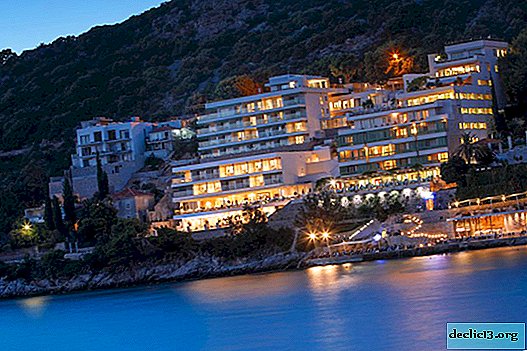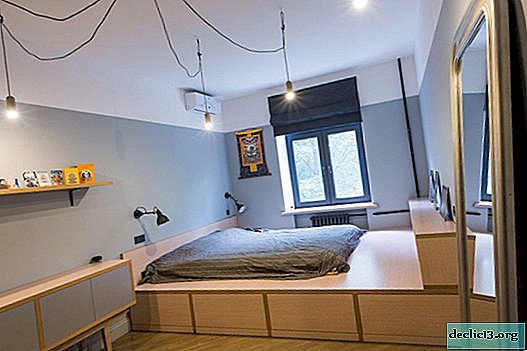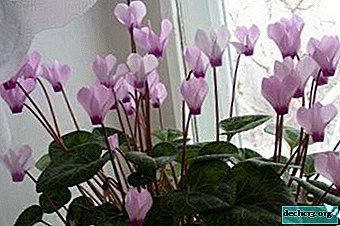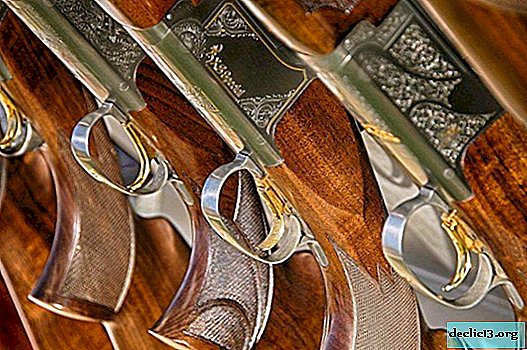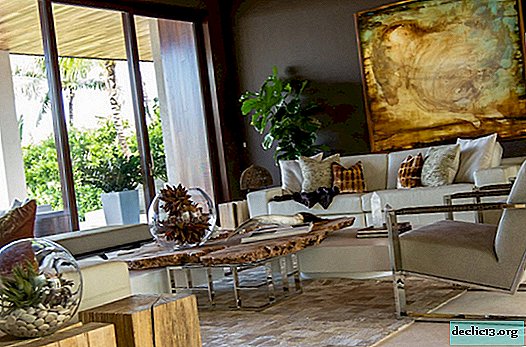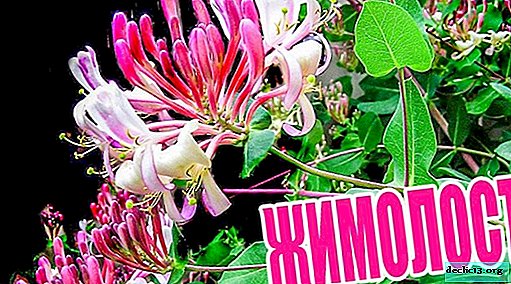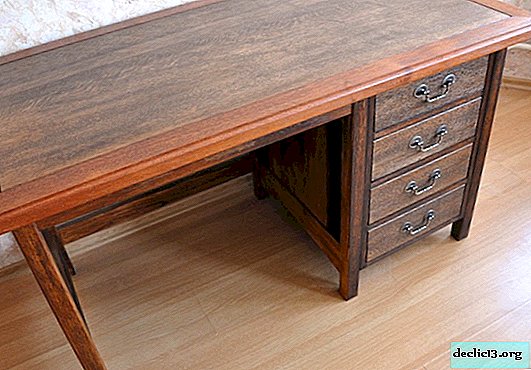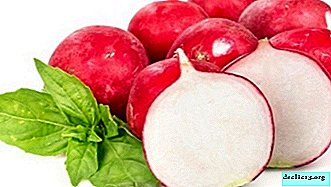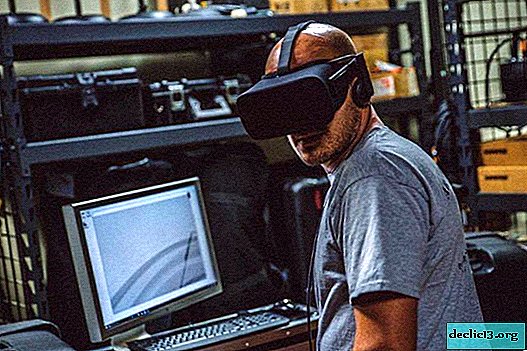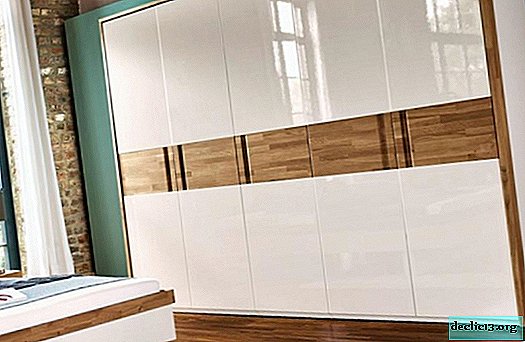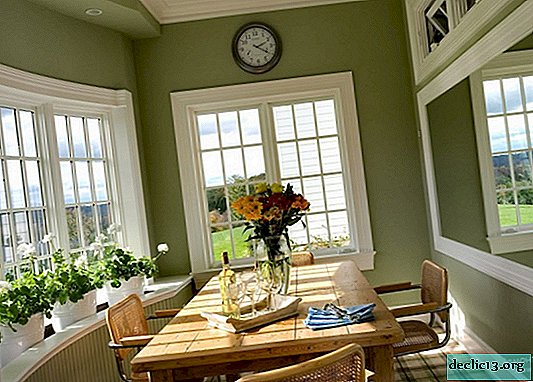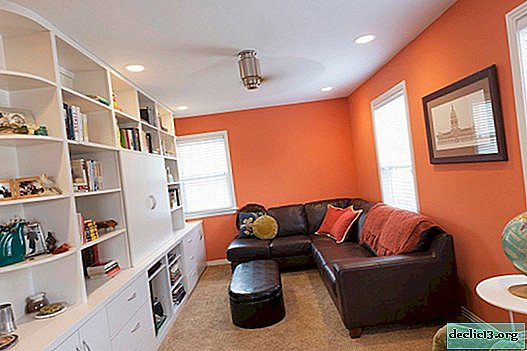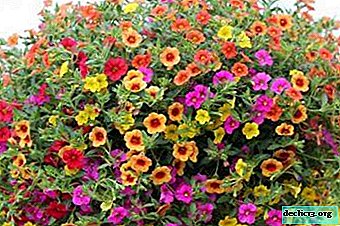Furniture decorative film options and recommendations
To update the interior, it is not necessary to carry out complex, long repairs or throw out all the boring furniture. It is enough to transform the furniture to make it play with new colors. It does not require anything supernatural. A material such as decorative film for furniture is an easy, affordable way to change the look of old cabinets and cabinets.
Material Features
Films for furniture - a material made of polyvinyl chloride (PVC), propylene, polyester with the addition of coloring pigments. They are flexible, plastic. Spread in rolls like wallpaper. Only, unlike wallpaper, they do not need glue. Only scissors, a ruler and a pencil for marking.
A drawing is applied on one side of the material, on the other an adhesive layer, protected by paper, which is removed before gluing. Like all PVC products, such a film is not afraid of water. Therefore, the surfaces glued with it can be washed, cleaned, and placed even in rooms with high humidity - for example, in the bathroom or in the kitchen.
To update the furniture facades with this material, you do not need special skills. Only accuracy and perseverance. And the variety of its colors, textures, effects allows you to use the film in any interior. There are options suitable for office, bedroom, kitchen, children's room.
The ease of application and accessibility of the material allows you to change the appearance of the furniture as often as you want. After all, the glued film is easy to remove and replace with a new one. In addition, by choosing a tone-on-tone film for the furniture set, you can not re-glue it completely, but mask the defects that are present on it.
In addition to furniture films in rolls, there are small stickers made of the same material. They represent any pattern, motive, designed to decorate the surface of furniture. Such films are arranged in the same way as rolled films: from the bottom they have an adhesive layer protected by paper. With such stickers, introducing something new into the interior is generally easier than ever. Even a child can handle gluing.
Films are distinguished by their diversity. From the simplest, classic, imitating wood or plain, to design - with a luxurious texture and fantastic colors.
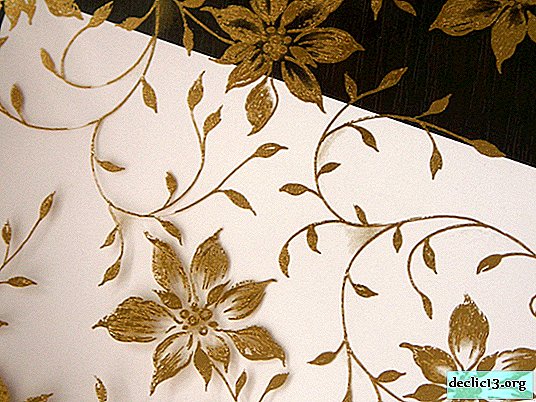




Advantages and disadvantages
Polyvinyl chloride is a popular finishing material. It is famous for its moisture resistance, strength and other useful qualities that its derivatives, including a self-adhesive film, possess. Here are the benefits of this decorative material:
- moisture resistance - the material does not let water through, so it can be washed. Items decorated by him are suitable for use in bathrooms and kitchens. Of course, this does not mean that the film can be wetted constantly, kept in the rain, pasted over with objects that are in constant contact with water. She will not stand long wetting;
- resistance to temperatures - not afraid of cold and heat, as well as sudden changes in temperature. This makes the material suitable for use in the kitchen, even near the stove, on a cool balcony, porch, terrace. However, you should not store the material and the items it decorated in a severe frost;
- resistance to household chemicals - this quality allows you to clean items pasted with material, using conventional detergents, which are used for wet cleaning of the house. It also means that the film is suitable for decorating, including inside, cabinets designed to store household chemicals, since if it accidentally hits the surface, nothing will happen to the latter;
- diversity - the abundance of existing colors, patterns, textures, effects makes the material truly universal. Successfully selected film will fit into any interior of any room;
- ease of application and care - a beginner will cope with applying a self-adhesive film with a little effort. In addition, if necessary, it is easy to change it to another, "add" and completely peel off. The furniture she handled is easy to clean. No special care products, polishes, waxes and so on are required. It is enough to regularly clean from dust, and wash off the dirt with water.
An important advantage is the availability of material. You can find it in any store with finishing materials, in a variety of style solutions and sizes. There are small rolls designed for pasting, for example, one pedestal. Large is enough for larger furniture.
Like any material, self-adhesive film has its drawbacks:
- fragility - the material will last several years, but not decades;
- the ability to fade and burn out, especially if the subject is exposed to direct sunlight;
- noticeability of all flaws and irregularities - if the material was applied inaccurately and unevenly, there is no way to hide it.
However, the correct use of the material and respect for it allows you to both avoid problems when working with it, and extend the life of the finished product.





Kinds
Self-adhesive films are divided into types according to various characteristics. In appearance:
- plain, the easiest option;
- metallized, shiny in the sun;
- imitating various materials: wood, leather, textiles, metal;
- decorative with a picture, including a 3D image that creates interesting optical illusions;
- transparent with a pattern, suitable for gluing glass objects;
- velor, with a velvety surface;
- fluorescent, glowing in the dark;
- with the effect of a blackboard on which you can write, ideal for a children's room.
The film imitating a tree of various types is the most widespread option for a decor, suitable for any furniture, fitting into any interior. Imitating skin, metal look noble and stylish. Velor surface, pleasant to the touch, makes objects cozy, especially home. And in the children's room, especially if the child is at the age when he wants to draw on the wallpaper, you can paste over, for example, the entire wall of the cabinet with a film with the effect of a blackboard. On it you can safely draw, write, and then easily wash. As a result, the child will be satisfied, and the wallpaper is intact.





By the type of surface the film is:
- glossy;
- matte;
- mirror;
- holographic.
The last two options are very interesting, they allow you to create unique objects with an unusual effect. In addition, the self-adhesive film itself can be single-layer or two-layer in structure. In the second case, there is a paper or textile base under the PVC layer. Such materials are more plastic and flexible, which facilitates the application process, however, in terms of their performance, they are inferior to single-layer ones.
Films differ in glue composition. It can be rubber or acrylic, in addition, the adhesive layer is different in thickness. Thick is needed for pasting straight surfaces. Materials with a thin layer are suitable for the design of voluminous, convex, concave, carved surfaces.





Correct application
Proper application of the film to the furniture guarantees durability, reliability of the coating. Correctness depends on factors that need to be considered when working. First, the surface of the furniture needs to be prepared. It should be smooth, even. Wooden or chipboard, especially if it has not been previously processed, should be sanded so that there are no sticking chips, cracks, chips. In the presence of noticeable irregularities, it is worth using a special putty for furniture and covering the surface with soil.
If it is furniture, for example, polished, then it is enough to clean it from dust, dirt, and then degrease with an alcohol solution. The same applies to glass or plastic furniture. If the surface is metal, then it must be cleaned of rust or paint residues. When pasting, you need to ensure that even the smallest extraneous particles do not get between the self-adhesive film and furniture, as this will make the result poor. And the surface must be dry.
Secondly, the film must be carefully measured. Cut the desired piece with a margin of about one to two centimeters. Carefully peel off the protective paper layer. Not all at once, but gradually, in the process of gluing. If the element is small, then it is better to remove the paper layer immediately.
The process is accompanied by careful smoothing. It is important that there are no air bubbles under the material. To do this, gently smooth it from top to bottom, preferably with a soft rolled cloth or towel. Together, the sticker is easier to handle.
The properties of self-adhesive films are retained for 12 hours after separation of the protective layer. Flaws can be fixed. After the time has passed, the glue will harden, the film cannot be peeled off again. Bubbles that you cannot get rid of can be pierced with a needle to gently release air.
For pasting rounded corners, you can heat the film with a hairdryer to give greater flexibility, then bend it as needed. To avoid gaps between the pieces of film when gluing a large surface, it is better to overlap them, and then cut off the excess.
The high decorative properties of the furniture film, combined with accessibility, make it one of the easiest and most interesting ways to transform a boring interior. In this case, you do not need to have any specific decoration skills. A little effort, and the piece of furniture, outwardly indistinguishable from the new, is ready.






